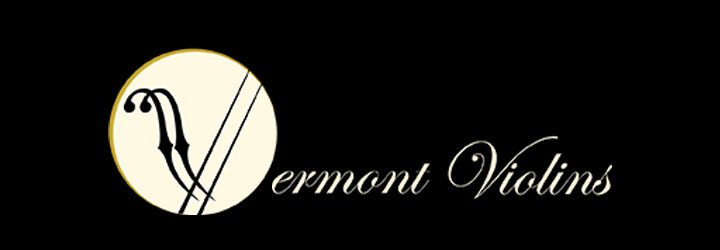Music Central
Can Music Ever Be Centrally Controlled?
I was surprised to read (The Economist, 12/21) that it was Chile's short-lived President, Salvador Allende, that first tried in 1973 to implement a computer-driven HQ for managing a complex economy. He brought in a Super-Computer (probably similar in superness to today's calculator), built a command center to house it (apparently borrowing features from the Brig of the Starship Enterprise, but adding a minibar) and got to work planning and controlling the newly nationalized economy. His regime was overthrown by the brutal Pinochet regime before he could make much of a start on it...and Pinochet preferred the tried and true old fashioned ways of rule: torture, suppression and fear.
Today, central management of systems is all the rage, though we have not gone the way of big rooms with a small number of computers. But the stock market, energy grids, transportation systems, retail delivery, search engines, entertainment all are managed by systems and processes that remove decision making from human individuals (or groups of individuals) and instead relegate them to algorithms mechanically managed in the ethereal cyber cloud.
There are some stalwart systems still, more or less, managed the old fashioned ways: education, health care (to an extent), local road and fire management. But how about music and the delivery of music? My son has been challenging himself to learn a complex computer software program called Dante. I can't really explain what it is except to say that it manages and controls the signals that fly around a music hall as they move from instrument through processor, through another processor, through mixers, eq balancers, distortion effects and ultimately out to recorders and amplifiers. A computer runs it; a delivery system that brings a stage performer's sound to the audiences in a fashion desired by the musician and a team of sound engineers.
Put like this, it sounds like how we might imagine Captain Kirk or Luke Skywalker enjoying music in their moments of peace. Pandora radio created a "music genome" project that seeks to use computer driven algorithms to deliver music it deems appropriate to specific listeners based on their preferences and similarities in musical genres and, I'll add, do it with no judgement: ("really, the BEE GEEs.... AGAIN???? Save me from the human mind....", I hear it cry). I suspect the "no judgement" rule may have been the hardest thing for Pandora programmers to attain.
But if you pick up a newspaper (or just watch your centralized delivery system of information...facebook, google, applenews etc.) you'll see what music, by which I mean live music, is available to hear in the community. Musicians are always putting themselves out to get audiences out to hear them. And, with maybe the exception of the Messiah season at Christmas, the musical offerings are always disparate, random, and eclectic in music tastes, genres and quality. On any given day, you can select from classical, rock, punk, dance, contra, reggae, techno, folk, singer songwriter, hardcore, metal, new age, or whatever you want or don't want to hear. Some of it will appeal to all, some to nobody. Does this sound like central planning at work? A computer algorythm?
Nope. Music comes from the soul. Performers perform in part because they want entertainment to exist, but I think the motivation is more intrinsic. They perform because the music (good, bad or indifferent) is a manifestation of their soul's need to express themselves. It is their expression of humanity.
I get nervous when I read about things like a "music genome project" but not very nervous. The truth is, and my son (at the moments when he emerges from behind a Space Station array of electronic music making and controlling devices) agrees...as long as music is a human endeavor, it can never be centrally controlled. Just as their is no algorithm on the planet that can predict an individual's passion for the Bee Gees, there is no way to plan the musical language created and inspired by even a roomful, let alone a planetfull, of people wanting to reveal their souls to a waiting world. -Oren & Kathy
